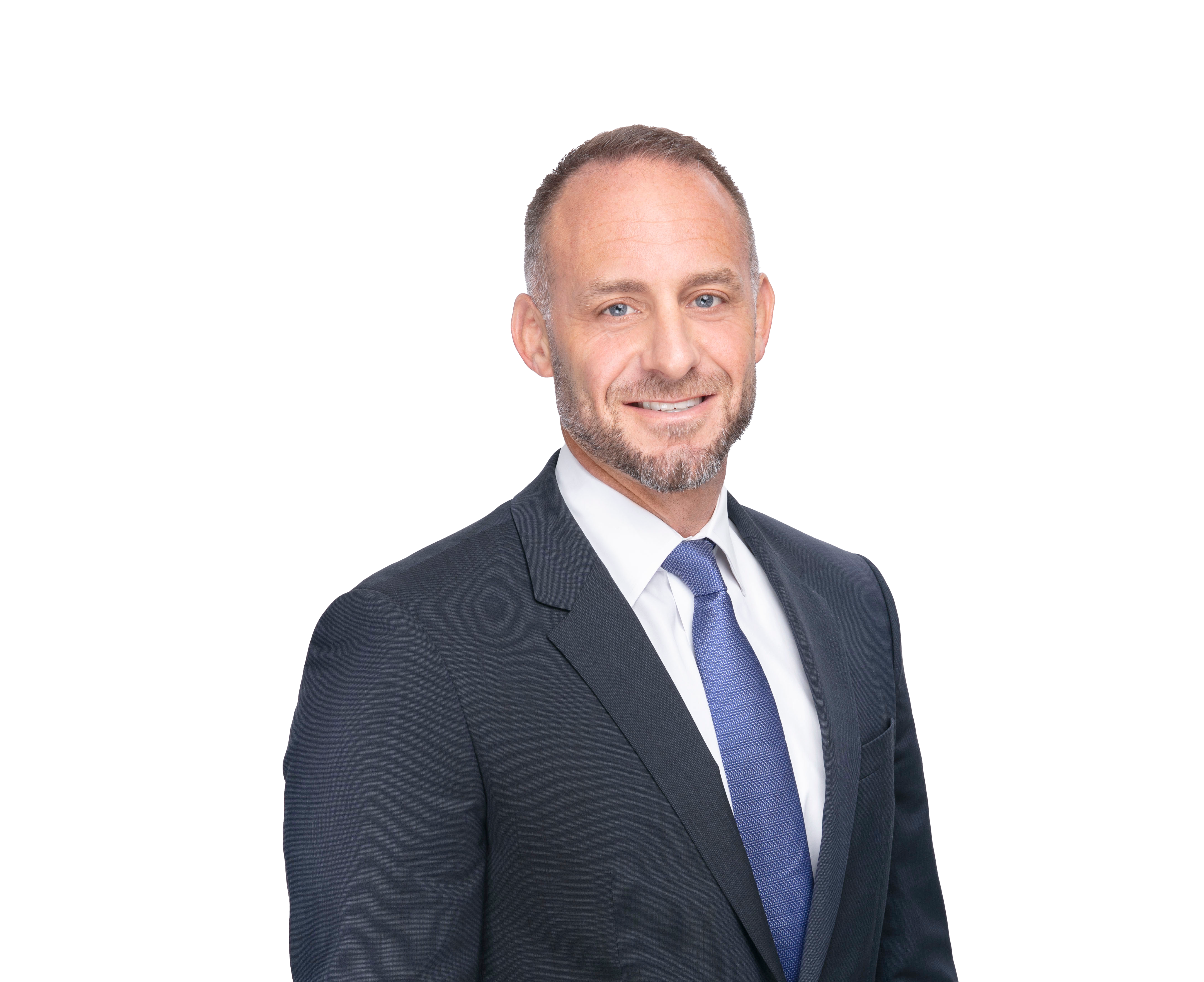
And still, as reported previously in this series, Florida has been locked in a long-standing legal battle with Georgia regarding the ability to use freshwater running from the “ACF river basin”3 (that is, the Apalachicola River, Chattahoochee River, Flint River) south through North Florida and into the Gulf of Mexico. Why? Because both states have growing populations and economies which need access to that water to address that ‘thirst’. If Georgia drains off too much of the water from the source, there may not be a sufficient amount to handle Florida’s human, agricultural, and business needs.
Under U.S. Constitution Article III, Section 2 this dispute is an “original jurisdiction” case which is decided by the United States Supreme Court sitting effectively as a trial court because it is between two states.4 One way the facts are gathered for these types of disputes is through the use of a Special Master working on behalf of the Court.5
This case has actually been proceeding for several years (meaning, for about three decades).6 The case history and facts are complex, and the following is a summary from an academic source 7:
The river basin is formed by the Chattahoochee and Flint Rivers, which flow south through Georgia and converge at Lake Seminole, just north of Florida, where the Apalachicola River begins and flows south into the Gulf of Mexico. Florida sued, seeking a decree equitably apportioning the basin’s waters. The Supreme Court agreed to exercise its original jurisdiction and appointed a Special Master. The U.S. Army Corps of Engineers declined to waive sovereign immunity. The Master recommended that the Court dismiss Florida’s complaint, concluding that Florida did not present clear and convincing evidence that its injuries could be redressed by a decree capping Georgia’s upstream water consumption if the decree does not bind the Corps.
To consult with an experienced business law lawyer today
855-780-9986The Supreme Court remanded, concluding that the Special Master applied too strict a standard. In interstate water disputes raising questions beyond the interpretation of an interstate compact’s language, the doctrine of equitable apportionment applies. Equitable apportionment is flexible and requires consideration of physical and climatic conditions, the consumptive use of water in the several sections of the river, the character and rate of return flows, the extent of established uses, the availability of storage water, the practical effect of wasteful uses, and the damage to upstream areas as compared to the benefits to downstream areas if a limitation is imposed. Extensive, specific factual findings are essential. Until the Master makes the findings necessary to determine the nature and scope of likely harm caused by the absence of water and the amount of additional water necessary to ameliorate that harm significantly, Florida should not have to prove the details of a workable decree by “clear and convincing” evidence but only that, applying the principles of “flexibility” and “approximation,” it is likely to prove possible to fashion such a decree. At this stage and in light of certain assumptions, Florida made a sufficient showing that the extra water that would result from its proposed consumption cap would lead to increased streamflow in Florida’s Apalachicola River and significantly redress the economic and ecological harm that Florida has alleged. The United States has indicated that the Corps will cooperate.
Just a little bit more from the same source, describing the nature of the assignment given to the Special Master:
Special Master is required to make extensive, specific factual findings to determine whether a remedy could be fashioned in a dispute between states concerning the apportionment of the waters of an interstate river basin.
A new Special Master was appointed by the Court, and that brings the case around to New Mexico. (Funny [?] observation: New Mexico is not affected by the rivers, lake, or gulf involved with the case…). The Supreme Court designated Senior U.S. Circuit Court of Appeals Judge Paul J. Kelly Jr.8 as the Special Master for the case. Senior Judge Walker is a member of the 10th Circuit Court of Appeals; “The territorial jurisdiction of the Tenth Circuit includes the six states of Oklahoma, Kansas, New Mexico, Colorado, Wyoming, and Utah, plus those portions of the Yellowstone National Park extending into Montana and Idaho.”9 Look carefully – neither Florida nor Georgia are within the jurisdiction of the 10th Circuit because they fall within the 11th Circuit, which serves Alabama, Florida, and Georgia.10
Florida, therefore, won a major procedural victory with substantive implications when the Supreme Court rejected the original Special Master’s findings, gave the new Special Master somewhat looser parameters for rendering factual findings to the Court, and appointed Judge Kelly to the task.11
If Georgia drains off too much of the water from the source, there may not be a sufficient amount to handle Florida’s human, agricultural, and business needs.
All eyes will for the time-being be directed to Santa Fe, New Mexico where Senior Judge Kelly sits 12, and to Denver, Colorado where the 11th Circuit is situated 13, to follow who gets to use how much of the AJC river basin water. For those who are interested in this dispute as it continues to proceed (or who just love constitutional law…like this writer), the following are links to the case dockets for the 10th Circuit and for the Supreme Court.
The question for North Florida for a while (actually for a very long while given how long it can take for a Supreme Court case to run its full course) is, then, whether we can have an extra glass of water???
1 See https://en.wikipedia.org/wiki/Florida#Geography
2 Sources: https://www.visitflorida.com/en-us/things-to-do/florida-fishing/lake-okeechobee-clewiston-florida.html; https://en.wikipedia.org/wiki/List_of_largest_lakes_of_the_United_States_by_area
3 https://en.wikipedia.org/wiki/ACF_River_Basin
4 https://www.law.cornell.edu/constitution/articleiii
5https://www.law.cornell.edu/wex/special_master
6https://en.wikipedia.org/wiki/Florida_v._Georgia_(2018); https://www.ajc.com/news/state–regional-govt–politics/new-judge-means-restart-georgia-florida-legal-fight-over-water/tGyNvK4epsL1OS51BCIw5I/. The following is a detailed history of the case proceedings: https://www.scotusblog.com/case-files/cases/florida-v-georgia-2/. And here is a link to the Supreme Court opinion which gave rise to the appointment of a new Special Master: https://www.supremecourt.gov/opinions/17pdf/142%20orig_new_3ebh.pdf
7https://supreme.justia.com/cases/federal/us/585/142-orig/
8 https://www.ca10.uscourts.gov/judges/judge-paul-j-kelly-jr
9 https://www.ca10.uscourts.gov/clerk
10 http://www.ca11.uscourts.gov/about-court
11 Sources: http://www.tampabay.com/florida-politics/2019/03/04/next-round-of-florida-georgia-water-war-set-innew-mexico/; https://www.ajc.com/news/state–regional-govt–politics/new-judge-means-restart-georgia-florida-legal-fight-over-water/tGyNvK4epsL1OS51BCIw5I/
12 https://en.wikipedia.org/wiki/Paul_Joseph_Kelly_Jr.
13 https://www.ca10.uscourts.gov/clerk/directions
Click to contact our Florida Attorneys today
– For more information, call Philip N. Kabler of the Gainesville, FL office of Bogin, Munns & Munns at 352.332.7688, where he practices in the areas of business, banking, real estate, and equine law. He has taught business and real estate law courses at the University of Florida Levin College of Law and Warrington College of Business Administration. And is now the President-Elect of the Eighth Judicial Circuit Bar Association.
Do you have an employment legal matter concerning discrimination, wrongful termination or harassment? If so, please fill out our online Employment Law Questionnaire (for both employees and employers) to receive a brief telephone discussion with one of our experienced employment law attorneys. During this brief telephone discussion the attorney will go over your current situation and your legal options.
Submit a Consultation Request form today
NOTICE: The article above is not intended to serve as legal advice, and you should not rely on it as such. It is offered only as general information. You should consult with a duly licensed attorney regarding your Florida legal matter, as every situation is unique. Please know that merely reading this article, subscribing to this blog, or otherwise contacting Bogin, Munns & Munns does not establish an attorney-client relationship with our firm. Should you seek legal representation from Bogin, Munns & Munns, any such representation must first be agreed to by the firm and confirmed in a written agreement.
Call or Submit Our Consultation Request Form Today





